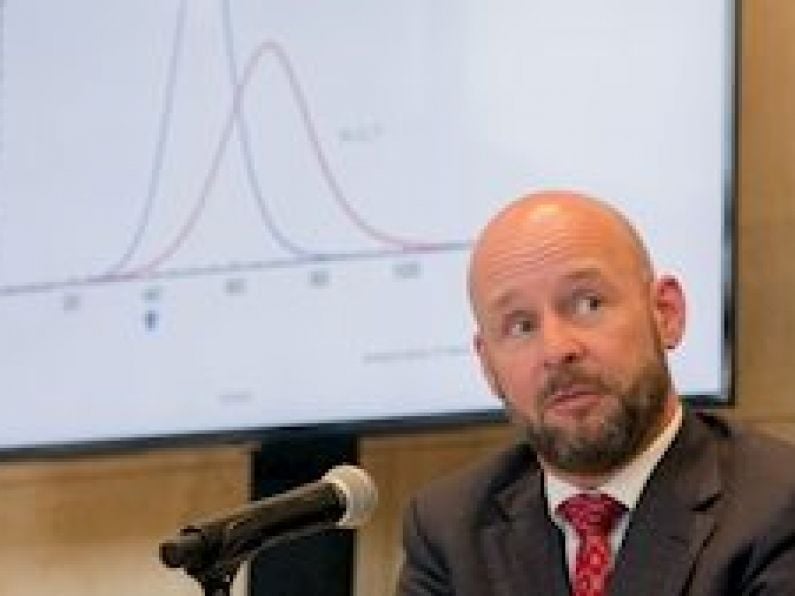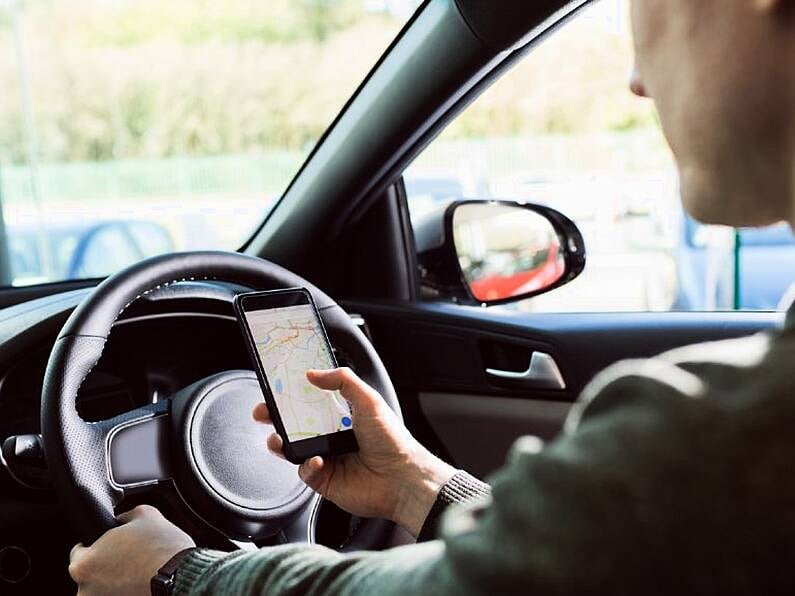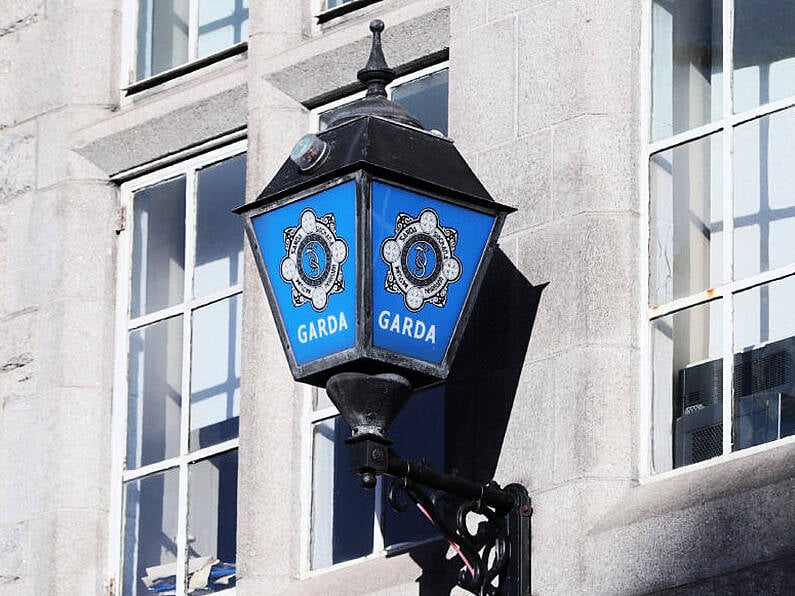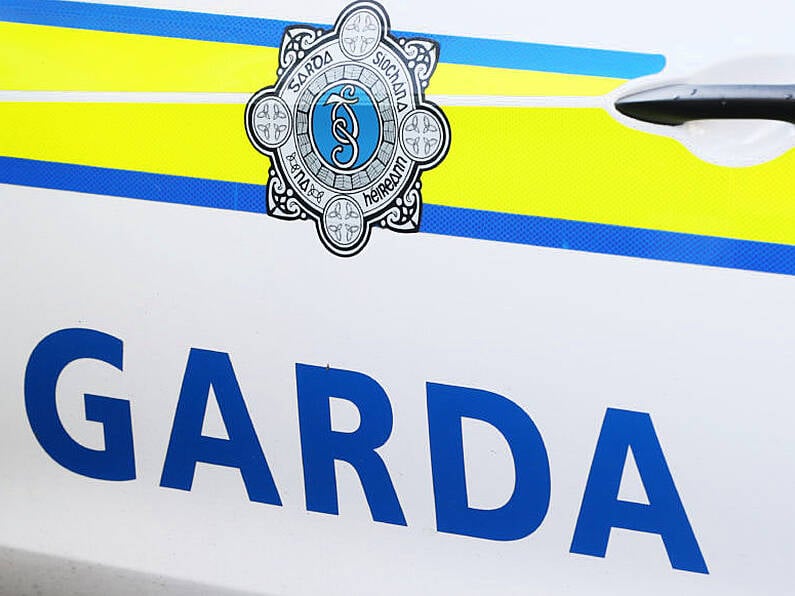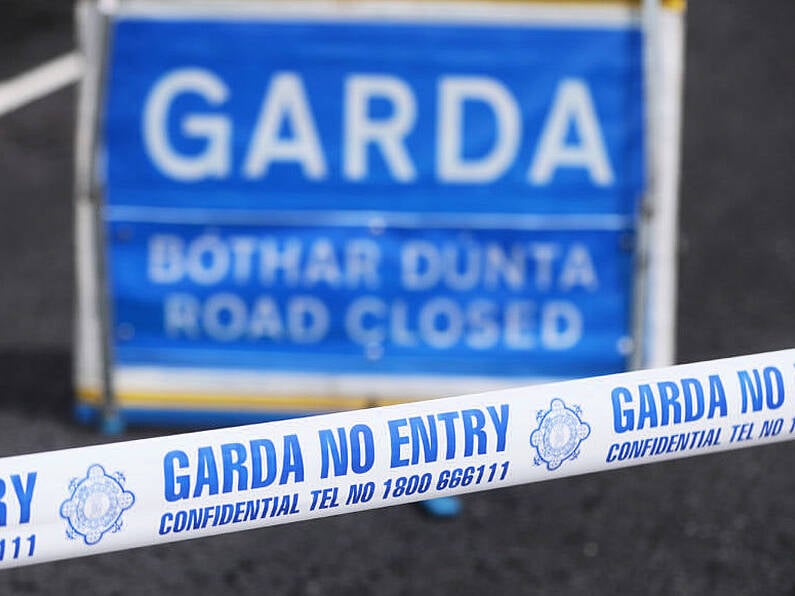By Vivienne Clarke
Professor Philip Nolan, chair of NPHET's Irish Epidemiological Modelling Advisory Group, has defended regional restrictions saying they are an important line of defence.
“We have learned that they work,” he told RTÉ radio’s Morning Ireland.
“You couldn't draw a radius around a meat factory and say all the cases are here,” he added, because people lived with, or had family members, in other places. Often county boundaries were the right boundaries to use for a local lockdown in order to ensure the virus did not spread widely in the community, he said.
Unexplained connections
"It was a complex matter of judgement. When cases were analysed it was possible to see how they spread throughout a county or along a road network.
“We’ve learned that you really need to move quickly, not just in days, but in a matter of hours.”
"In Kildare there had been unexplained connections with not only large outbreaks but spread of the virus within the community which peaked in mid August while in Laois and Offaly the figures had begun to settle back down. There were multiple clusters and secondary spread in the community which had led to the delay in lifting restrictions in Kildare," he said.
A regional lockdown was “the third or fourth thing one does” added Prof Nolan. It was entirely possible that there would be clusters that didn’t keep within a county. “You can’t expect what the geography will be.”
A worker in a meat factory in Kildare could share a house with a worker from a meat factory in Offaly and have extended family in a third location, he said. This was why cases were not confined to specific locations in Kildare. There had also been a significant number of cases in north Carlow that were connected to Kildare.
Prof Nolan acknowledged that “some” tests were not coming back as quickly as NPHET would like. The vast majority were coming back within 24-48 hours. The 48 hour target for testing and tracing in Ireland was “literally world class”, he said. But it was also a challenging target and 36-48 hours was a reasonable turnaround, he added.
Having restrictions was “honestly the way we’re going to have to behave,” said Prof. Nolan.
“If we're going to be able to go to school and go to work, we're really going to have to reserve our contacts for those settings.
“If and when pubs reopen, we're going to have to go to the pub in small groups and each of our small groups are going to have to remain separate.”
Group restrictions will be with us for some time, he said. The country needed to “protect our priorities” such as education, health and work. There needed to be a national approach to limiting contacts.
